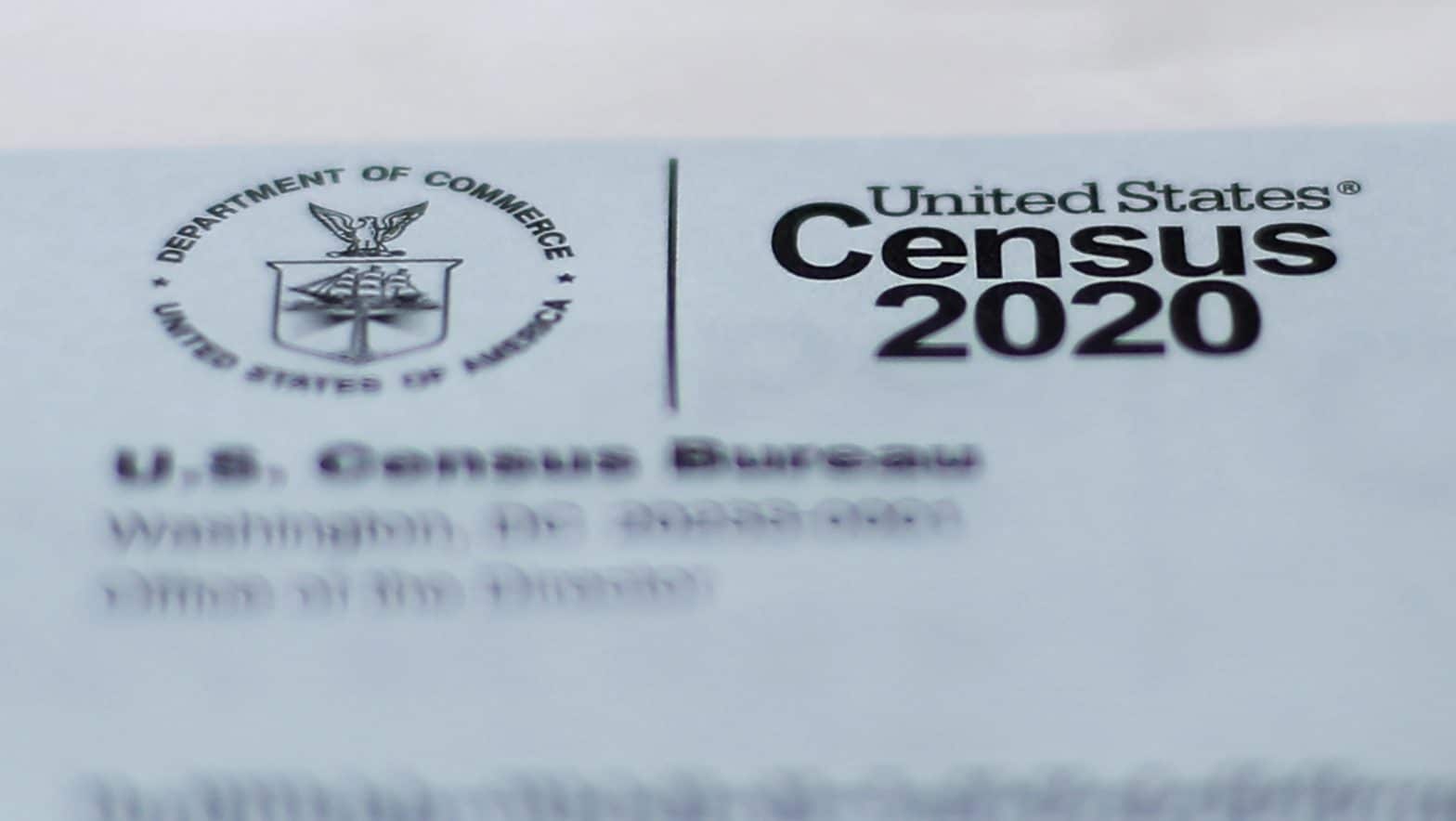Census Delay Could Put Off New Voting Districts, Primaries

JEFFERSON CITY, Mo. (AP) — The U.S. Census Bureau needs more time to wrap up the once-a-decade count because of the coronavirus, opening the possibility of delays in drawing new legislative districts that could help determine what political party is in power, what laws pass or fail and whether communities of color get a voice in their states.
The number of people counted and their demographics guide how voting districts for the U.S. House and state legislatures are redrawn every 10 years. The monthslong delay in census data could make a divisive process more complicated, potentially forcing lawmakers into costly special sessions to complete the work or postponing some primary elections.
“It will pinch the timing for sure on everybody,” said Justin Levitt, a professor at Loyola Law School in Los Angeles who tracks redistricting nationwide. “For a few states, that’s incredibly meaningful.”
Despite the complications, advocates, lawmakers and others largely embraced the census delay as necessary to get a complete count.
With the U.S. so politically polarized, redistricting plays a major role in whether Republicans or Democrats drive the agenda in each state and how those lawmakers’ decisions can affect people’s lives. Parties that win large legislative majorities can tilt policy to the left or right on abortion, guns, taxes and other contentious issues.
Redistricting typically is done by state lawmakers and governors, but an increasing number of states have shifted to special commissions.
The new districts frequently are challenged in court for not properly representing minority communities or for favoring one party over another in what is called gerrymandering.
After Republicans scored big statehouse victories in the 2010, for example, they used their enhanced power in 2011 to draw districts to their advantage in some states, spawning Democratic-backed lawsuits that spanned much of the next decade. Democrats have historically done the same when they were in control.
The census delay could trigger more lawsuits.
Because of stay-at-home orders designed to combat the coronavirus, the Census Bureau put off hiring and training temporary census takers in mid-March. They won’t start knocking on doors of people who haven’t answered the questionnaire until August. The bureau pushed back the deadline to wrap up the count from the end of July to the end of October.
Congress must approve the Census Bureau’s request to delay turning over redistricting data to the states from the end of March 2021 to the end of July 2021.
A delay could have big implications for states with legislative elections next year — New Jersey and Virginia.
“There will not be enough time for redistricting, candidate filing, preparing for an election and running a general election. There simply won’t be time for it,” said Michael McDonald, a political science professor at the University of Florida.
California, Illinois, North Carolina and Texas all have early 2022 primaries, which could create a compressed schedule for new maps. Some states could require special legislative sessions to complete the work before candidates file to run for office in 2022. Others may have to postpone candidate filing, said Michael Li, a redistricting attorney at New York University School of Law’s Brennan Center for Justice.
The New Jersey Constitution requires a commission to adopt new maps within 30 days of receiving census data and candidates to run in those new districts that same year. The state’s primary elections are scheduled for June 8, 2021, seven weeks before the Census Bureau’s new deadline for turning over the population figures.
“A delay in the release of the census information has the potential to throw everything out of whack,” said Al Barlas, Republican chairman of New Jersey’s redistricting commission.
“There’s constitutional ramifications to this. There’s obviously timelines and deadlines,” Barlas added. “Do you move the primary from June back? … Do you do a gubernatorial primary and everybody-else-primary in June, but do you do a legislative primary later, perhaps in August or right after Labor Day? Honestly, I don’t know.”
In 2011, Virginia moved its primary from June 14 to Aug. 23 to allow time for redistricting after receiving census data. A similar delay could be needed for its 2021 election, which is scheduled for the second Tuesday in June.
Virginia voters are deciding this November on a constitutional amendment creating a bipartisan commission to draw the districts. If approved, the commission would have 45 days after receiving the census numbers to submit new maps to lawmakers for a vote.
State Sen. George Barker, a Democrat who sponsored the amendment, said it’s unclear whether the 2021 primary could be delayed long enough to allow time for the work. If not, candidates may have to run under current districts in 2021, he said.
“If the data isn’t in until sometime in early to mid-July, it would be very, very difficult to get it done in time to even come close to meeting requirements for both the primary and a general election,” Barker said.























